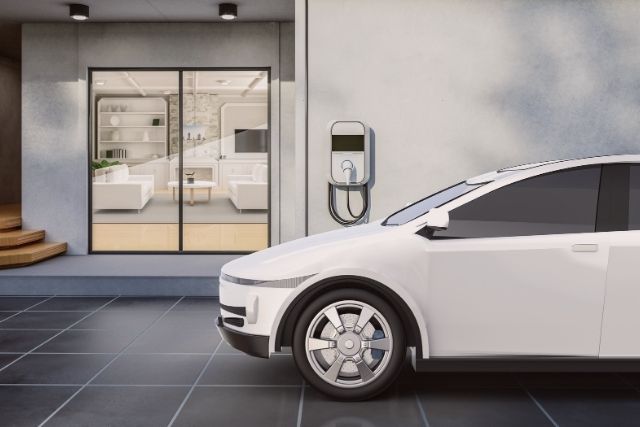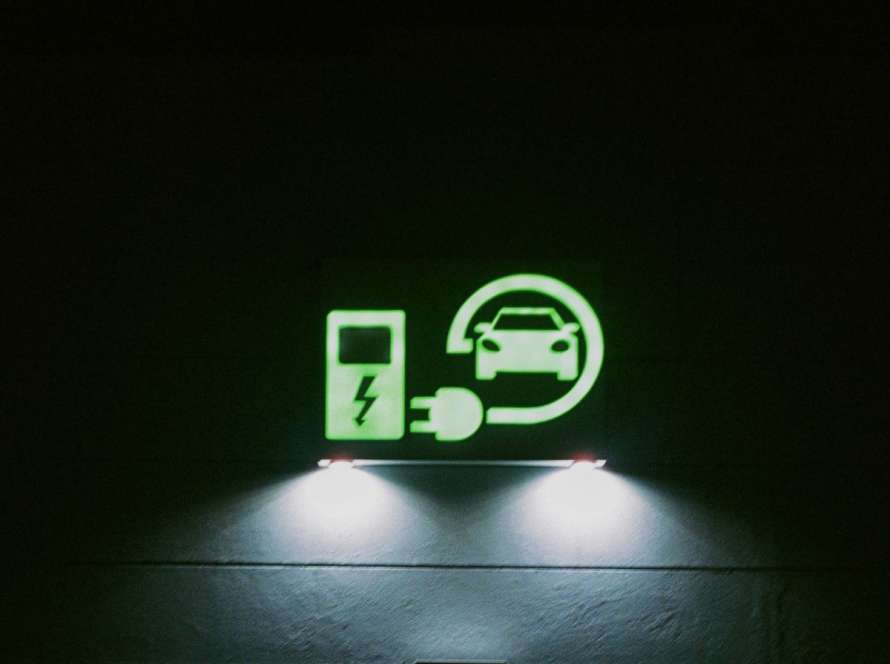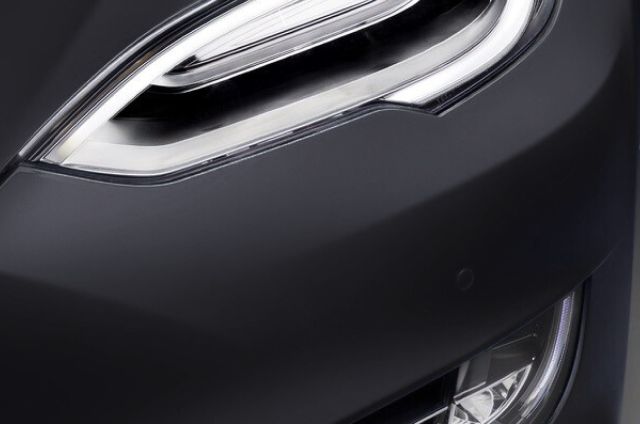August’s UK auto market saw a notable shift toward electric vehicles (EVs). Plugin EVs captured 29.4% of total sales, up from 27.8% year-on-year (YoY). Full battery electric vehicles, in short BEV, claimed 22.6% of the market, while plugin hybrids (PHEVs) slightly declined to 6.8%. Despite a 1% YoY drop in overall auto sales, with 84,575 units sold, the market aligns with pre-pandemic norms, signaling a steady transition to a greener future.
August typically sees lower auto sales in the UK, but this year, BEVs marked a milestone by achieving their highest ever market share for a non-December month at 22.6%. Although BEV volumes only grew by 11% YoY, this steady rise underscores the increasing consumer preference for fully electric vehicles. In contrast, PHEVs experienced a slight dip in sales, a trend expected to reverse in September as the market stabilizes.
Hybrid electric vehicles (HEVs), which do not require plugging in, also saw growth. However, their long-term prospects seem limited as the industry increasingly pivots towards fully electric solutions. HEVs are seen as a stopgap measure, with manufacturers like Toyota continuing to push these models to extend the life of their internal combustion engine (ICE) investments.
Traditional combustion-only vehicles continued their downward trend, with petrol vehicle sales falling by 10% YoY and diesel by 7.3%. Together, these vehicles now account for just 56.8% of the market, a sharp drop from 62.2% a year ago. This decline highlights the accelerating shift towards cleaner, more sustainable transportation options.
Tesla Dominates the BEV Market
Tesla once again solidified its position as the UK’s leading BEV brand in August, capturing 16.1% of the BEV market. Interestingly, the refreshed Tesla Model 3 outpaced the Model Y in sales, a rare occurrence. The Model 3 also ranked as the UK’s third best-selling vehicle across all powertrains, with the Model Y following in fifth place.
BMW emerged as the second-most popular BEV brand with a 6.7% market share, led by the strong performance of the BMW i4. Mercedes secured the third spot with a 6.0% share, closely followed by Peugeot and Volkswagen. While there were no major surprises in the rankings, Ford made headlines with the launch of its new Explorer model, based on the Volkswagen ID.4 platform, which quickly gained traction with 370 units sold in its debut month.
Alfa Romeo Enters the EV Arena
Stellantis’ Alfa Romeo brand introduced its first BEV to the UK market in August, the Alfa Romeo Junior Elettrica. Sharing its platform with the Jeep Avenger and Fiat 600e, the Junior Elettrica is positioned as a mid-range option, priced between its two cousins. The Alfa offers a higher-trim Veloce variant, featuring enhanced performance and sportier components, aimed at driving enthusiasts with a penchant for Alfa’s storied sports car legacy.
As the UK auto market adjusts to new economic realities, with a modest GDP growth and easing inflation, the focus on EVs continues to intensify. The UK’s Zero Emission Vehicle (ZEV) mandate, requiring 22% of new cars to be zero-emission in 2024, will further drive the adoption of BEVs and PHEVs in the coming years. With targets set to increase to 28% in 2025 and 33% in 2026, the trajectory towards an electric future is clear.
The big question on everyone’s mind: Can BMW overtake Tesla in UK BEV sales by 2025? While BMW has made impressive strides with a diverse model lineup, Tesla’s dominance, bolstered by its tech-forward image and unrivaled Supercharger network, remains strong. As the competition heats up, the UK’s transition to EVs is set to accelerate even further.



